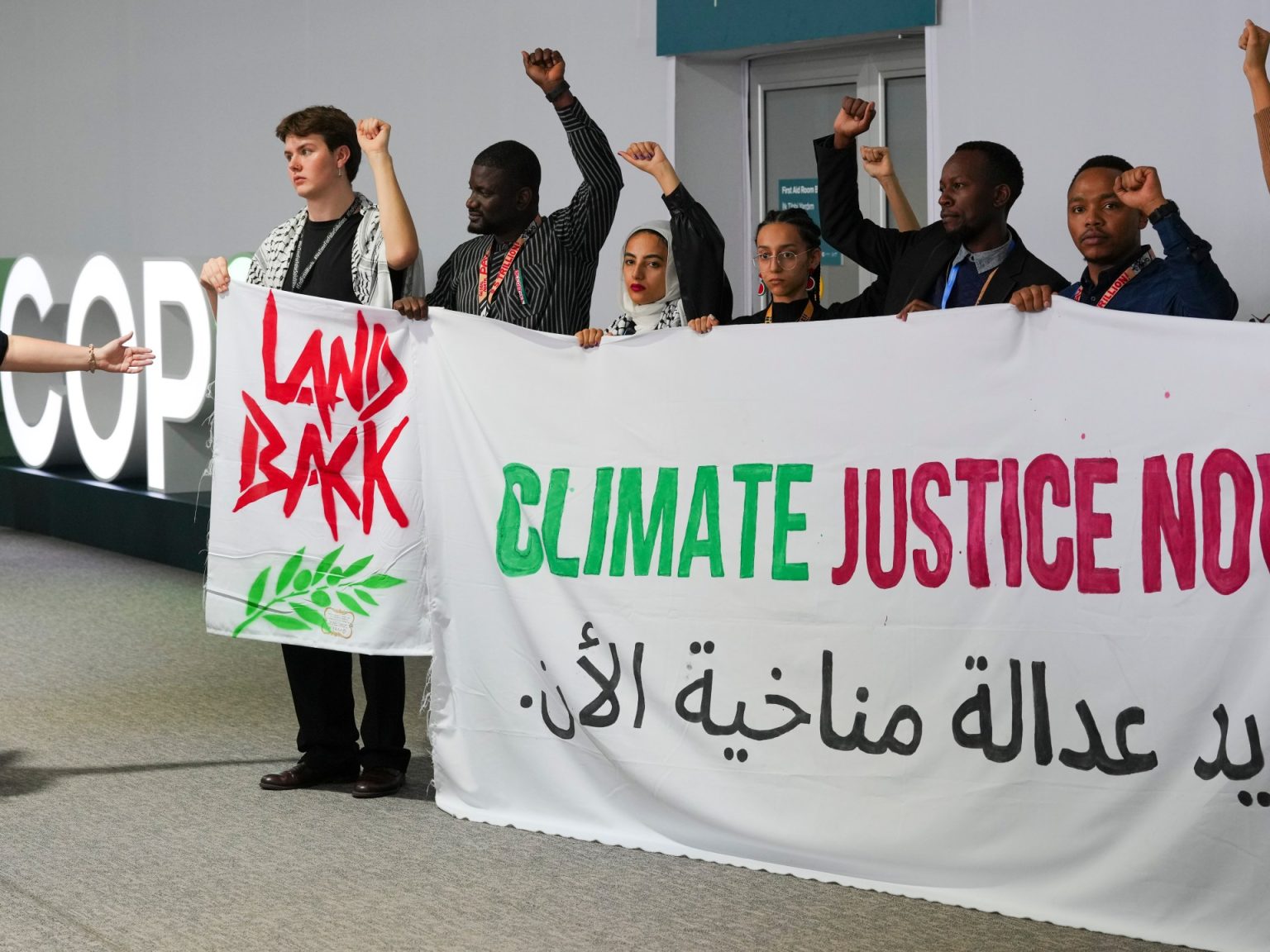Introduction: Brambins referring to the growing sophistication of corrupt activities in the global climate sector
Transparent International (TI) has reported that corruption has become a significant challenge in global cooperation on climate change. The organization’s Corruption Perceptions Index (CPI), introduced in 2024, has highlighted the severity of issues facing nations involved in climate diplomacy. Over two-thirds of 180 countries ranked below 50 out of 100, with the global average remaining at 43, despite 148 countries stagnating or declining since 2012. This decline underscores the urgent need for concrete action against corruption.
The Polarizing Impact of Corruption on Climatefinance
Amounts owed to developed nations for climate linewidths are now in the tens of billions, while poverty-related climate risks are only reported by the wealthiest countries. These disparities highlight the dangers of corruption, which not only shape policy but often dictate Interventionists. Countries hosting international climate summits, such as Brazil for UN COP21, South Africa, and the United States, face declining scores, with South Sudan, Somalia, and the People’s Republic of представля using being particularly affected.
The Need for Enhanced Transparency and Accountability
To address corruption’s impact on climate change efforts, TI has proposed the development of better metrics and frameworks for climate transparency and accountability. These measures would prohibit defendants from manipulating data to_startup their assertions. Second, enhanced anticorruption bodies would create hurdles for environmental crimes, reducing unintentional corporate wrongdoing. Addressing the root cause of corruption is crucial to ensure that climate initiatives are carried out effectively.
The First Solution to BAIL hindering ClimateAgreements
The report suggests that a comprehensive approach is necessary to tackle corruption and minimize inefficiencies in climate finance. This includes improving transparency systems and establishing clearer accountability mechanisms. By fostering institutional change, efforts can prevent theials of corruption from derailing meaningful climate action. The solution is not just about reforming corporate behavior; it is about building an open, transparent, and accountable climate ecosystem.

